I realize many of you are thousands of tweets ahead of me, but this is my 5000th, so I want it to be special. On January 7, 1926, the Washington Evening Star reported that Judge John P. McMahon had invalidated the District& #39;s fledging "jaywalking" regulation.
McMahon was a judge on the Police Court. The Commissioners elected not to appeal his decision & enforcement of the "jaywalking" regulation ceased for at least a time. (When I reach the next milestone in this exciting historical research, I will continue this tale.)
This being my 10,000th tweet, I& #39;m going to expand the story a bit. About a week earlier, on New Year& #39;s Eve 1925, McMahon announced that he would be looking at the validity of the regulations oppressing pedestrians. He called up the Superintendant of Police, Edwin Hesse, and 3/n
asked Hesse to refrain from arresting any other pedestrians in the interim. Hesse agreed. The same week, Clarence Dill (D-WA) took to the Senate floor to denounce the new DC traffic law that had been passed earlier in the year briefly alluding to McMahon: 4/n
Dill hated everything -- not just the anti-pedestrian regulations. He said some regulations in busy parts of the city at busy times might be appropriate, but that the traffic director* was completely out of control and it was Congress& #39;s fault for giving him too much power: 5/n
Dill saw the traffic regulations as a prime example of the legislature delegating authority to the executive branch: 6/n
Senator Duncan Fletcher (D-FL) attempted to rebut Dill, arguing that the traffic regulations were needed to protect pedestrians in particular. He had a good handle on the central problem, but overall I personally think his argument boils down to "We must DO SOMETHING!" 7/n
Dill was ready for this, though, and he basically says police spend too much time enforcing stupid regulations and too little time investigating crashes and bad driving: 8/n
Senator William King (D-UT) then comes to Dill& #39;s side and decries the hiring of the traffic director Mr. Eldridge*, the regulations, and the "hysteria" that led to enactment of the DC traffic law earlier in the year: 9/n
*Mr. Eldridge is M. O. Eldridge, the first director of DC& #39;s traffic bureau & a (former) AAA executive. The revolving door. If you& #39;ve read Peter Norton& #39;s Fighting Traffic, you& #39;re already familiar with him (if you haven& #39;t, see short excerpt here: https://www.researchgate.net/publication/236825193_Street_Rivals_Jaywalking_and_the_Invention_of_the_Motor_Age_Street_">https://www.researchgate.net/publicati... 10/n
Back to our Congressbeings: Next up was Senator Kenneth McKellar (D-TN), who professed to being shocked . . . shocked . . . that things hadn& #39;t gone according to plan: 11/n
It seems DC was to become the model city for traffic regulations, at least in the minds of those who supported the 1925 traffic law, and some of the senators were realizing they had created a monster. (Source: 1/4/26 Congressional Record, pages 1410-11) More anon. 12/n
This is a bit of a tangent, but what the heck: About six weeks after the Senate discussion, Representative Lankford went off on a total rant about DC, including misallocation of funds to expensive projects v. saving people from murderous drivers: 13/n
Hit-and run drivers, in particular, apparently were rampant all over the city -- not that Lankford saw much difference between reckless driving and hit-and-run: 14/n
Lankford blames Congress, the DC Commissioners, and "other higher-up officials" for this state of affairs -- at their direction, police are "directing an attack by the motorist on pedestrians". 15/n
The upshot of Lankford& #39;s rant, though, is that he thinks DC needs a Sunday closing law -- that& #39;s what he& #39;s led up to, and that& #39;ll solve all of our myriad problems (of which murderous drivers are only one). 16/n  https://abs.twimg.com/emoji/v2/... draggable="false" alt="🤣" title="Lachend auf dem Boden rollen" aria-label="Emoji: Lachend auf dem Boden rollen">
https://abs.twimg.com/emoji/v2/... draggable="false" alt="🤣" title="Lachend auf dem Boden rollen" aria-label="Emoji: Lachend auf dem Boden rollen">
Nothing ever really changes, does it? More @CarsOnSidewalks, in this case the middle of Dupont Circle, honking at the fountain to get out of the way. (Congressional Record, 3/8/26, page 5227) 17/n
Interestingly, at this point, the traffic director (Eldridge) was subordinate to the superintendant of police: 18/n
TIL that, in March 1926, Virginia was charging 70 cents per horsepower to register a vehicle. So...in 1926, it would have cost about $213-558 to register a Dodge Challenger (305-797 hp) in Virginia . . . or about $3000-$11,000 in 2020.  https://abs.twimg.com/emoji/v2/... draggable="false" alt="😍" title="Lächelndes Gesicht mit herzförmigen Augen" aria-label="Emoji: Lächelndes Gesicht mit herzförmigen Augen"> 19/n
https://abs.twimg.com/emoji/v2/... draggable="false" alt="😍" title="Lächelndes Gesicht mit herzförmigen Augen" aria-label="Emoji: Lächelndes Gesicht mit herzförmigen Augen"> 19/n
This point came up in a House discussion of the appropriate size and term for driving permits. One side wanted to charge $1 for a one-year per it renewable every year and the other side wanted to charge $3 for a 3-year permit. The 3y people, led by Rep Blanton, argued 20/n
that it wasn’t possible for Eldridge to issue every permit every year (a problem that arose bc the 1925 traffic act rather stupidly provided for all permits to expire on 3/31/26) & they wanted to get him more moolah for traffic signals. The 3-year people argued that drivers 21/n
in DC are absolutely the worst, the most reckless anywhere in the country and couldn’t be trusted with a license for more than a year at a time. 22/n

 Read on Twitter
Read on Twitter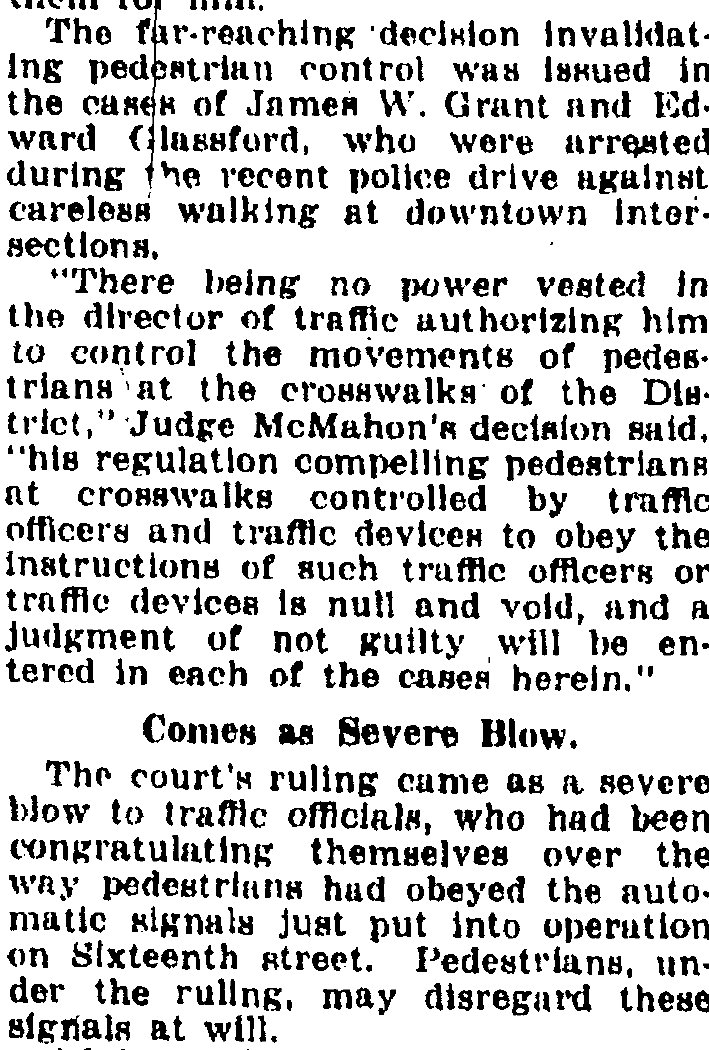
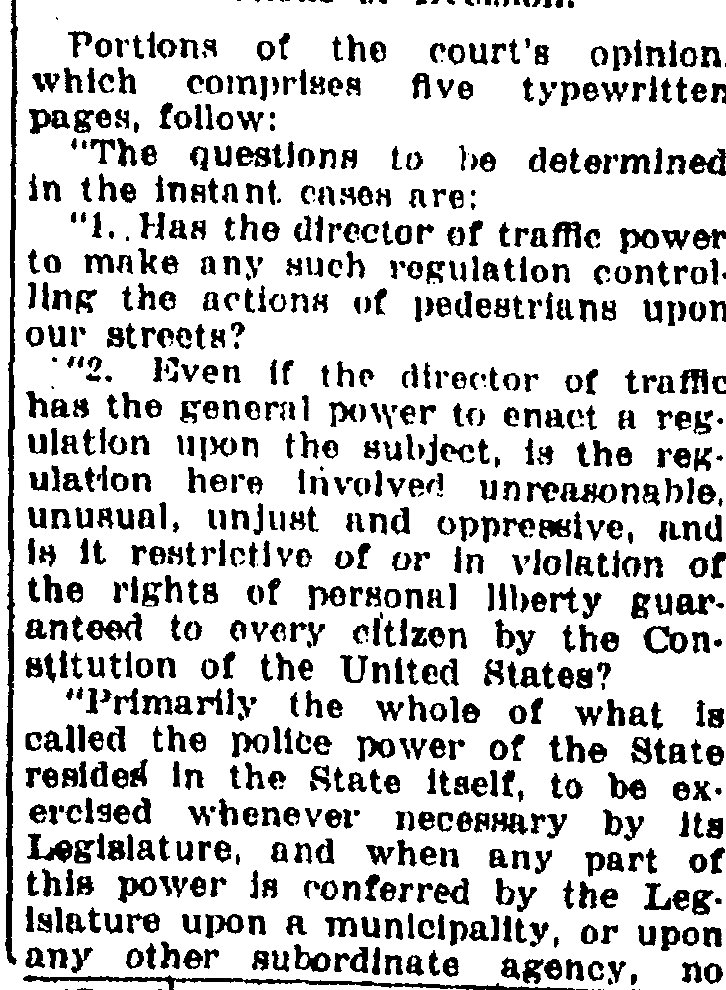
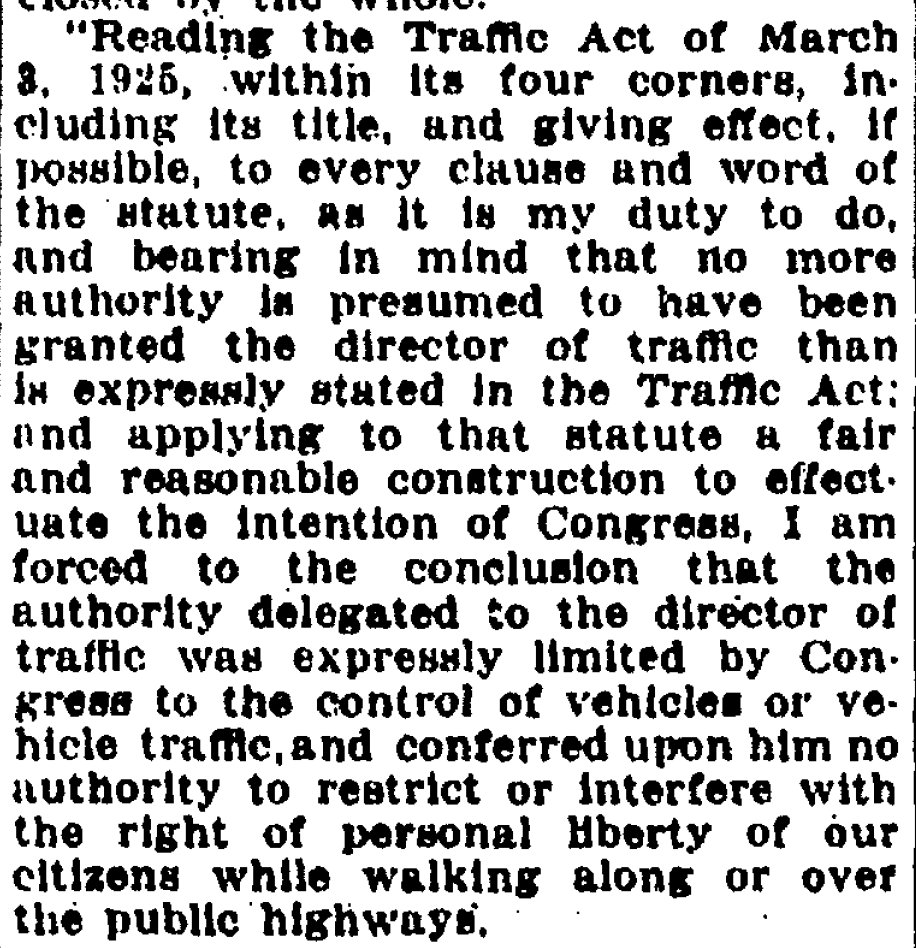
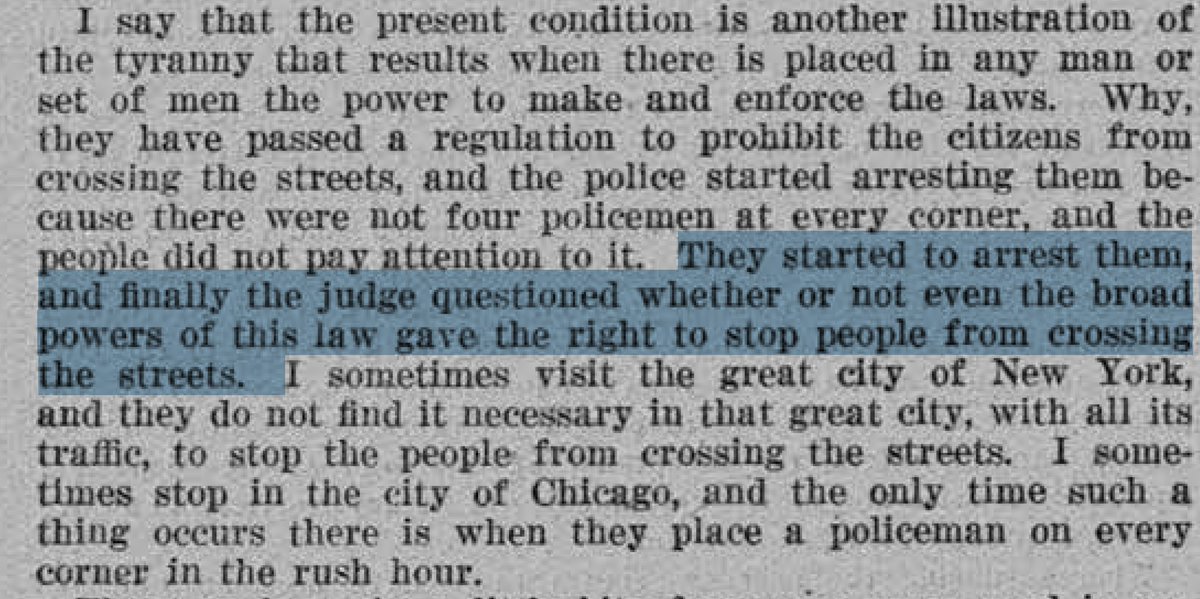




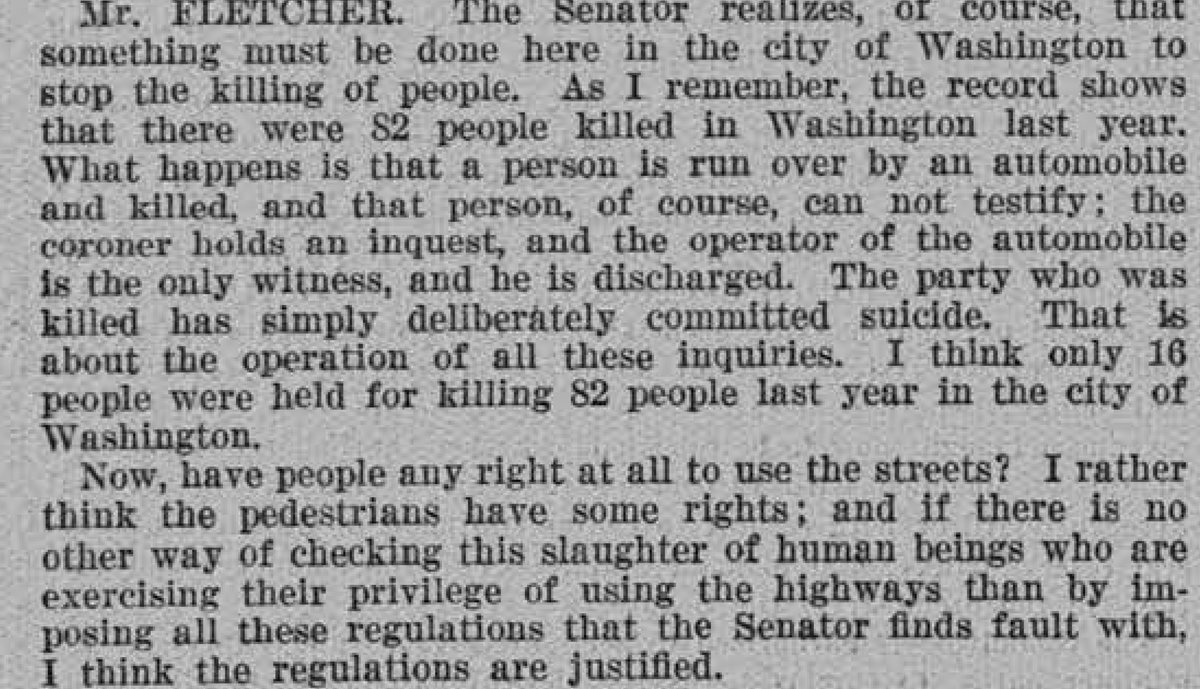



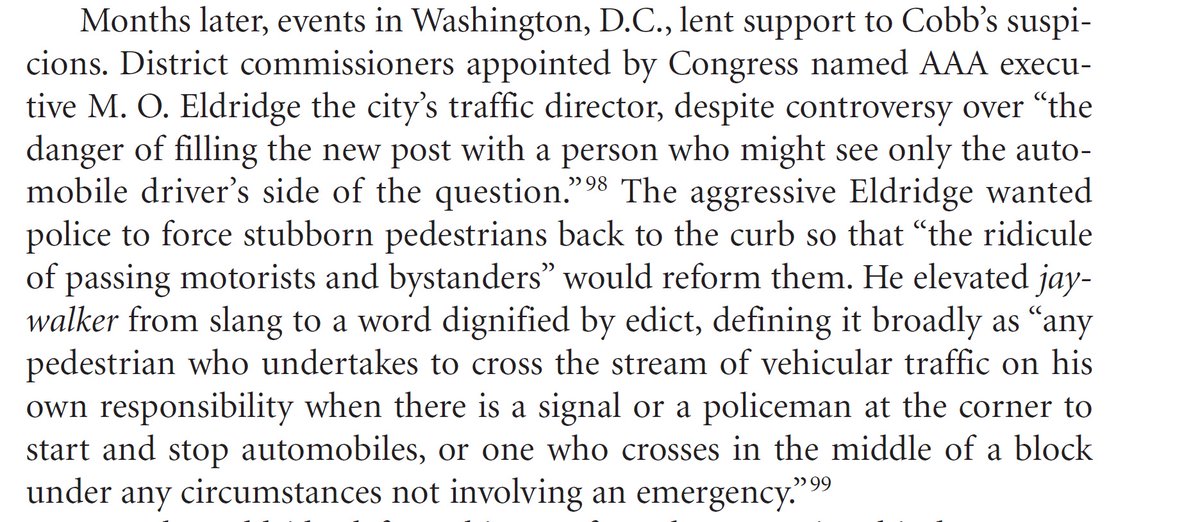
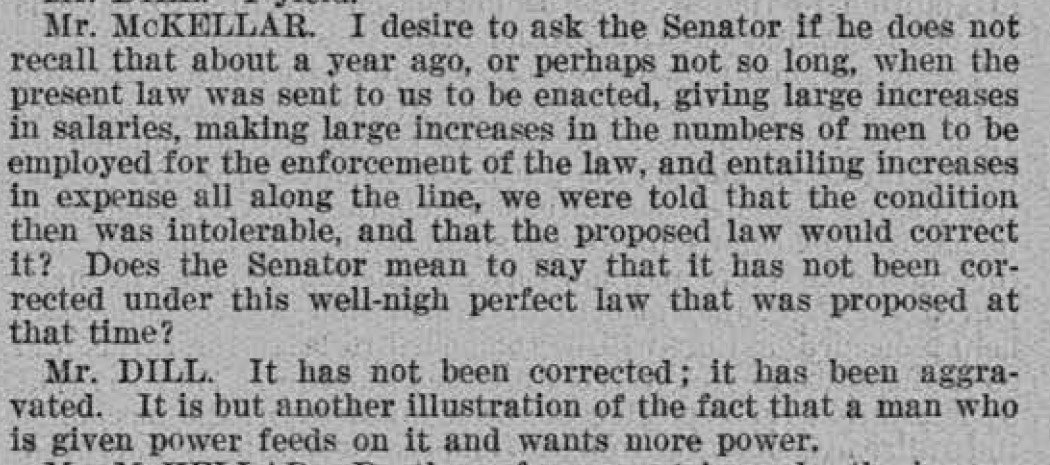
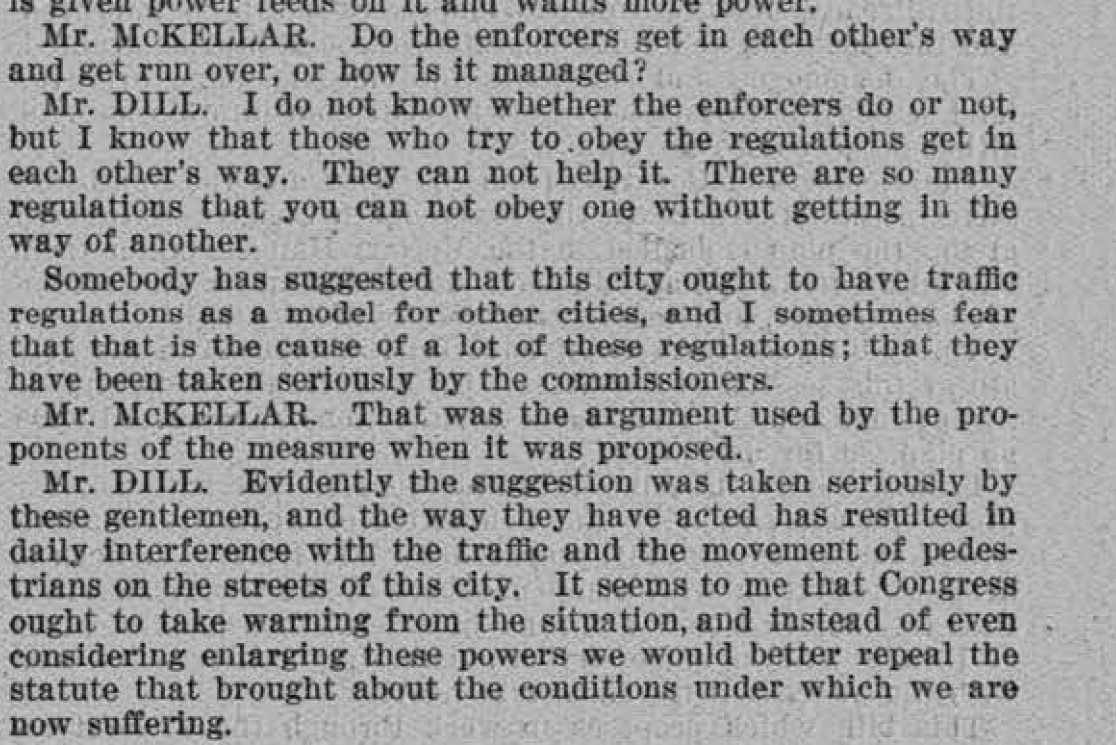

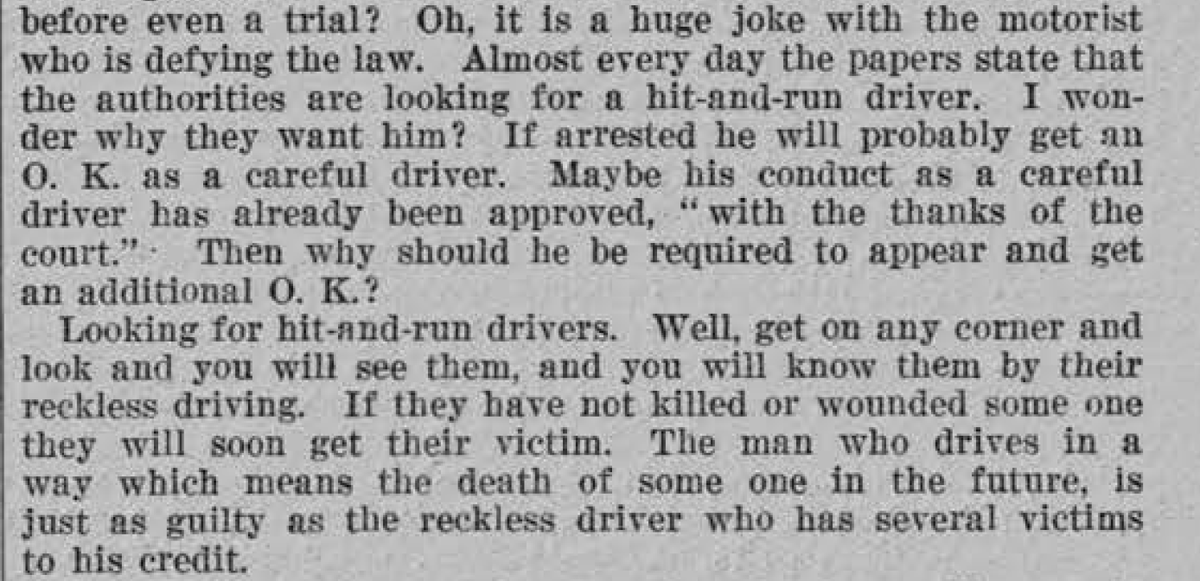

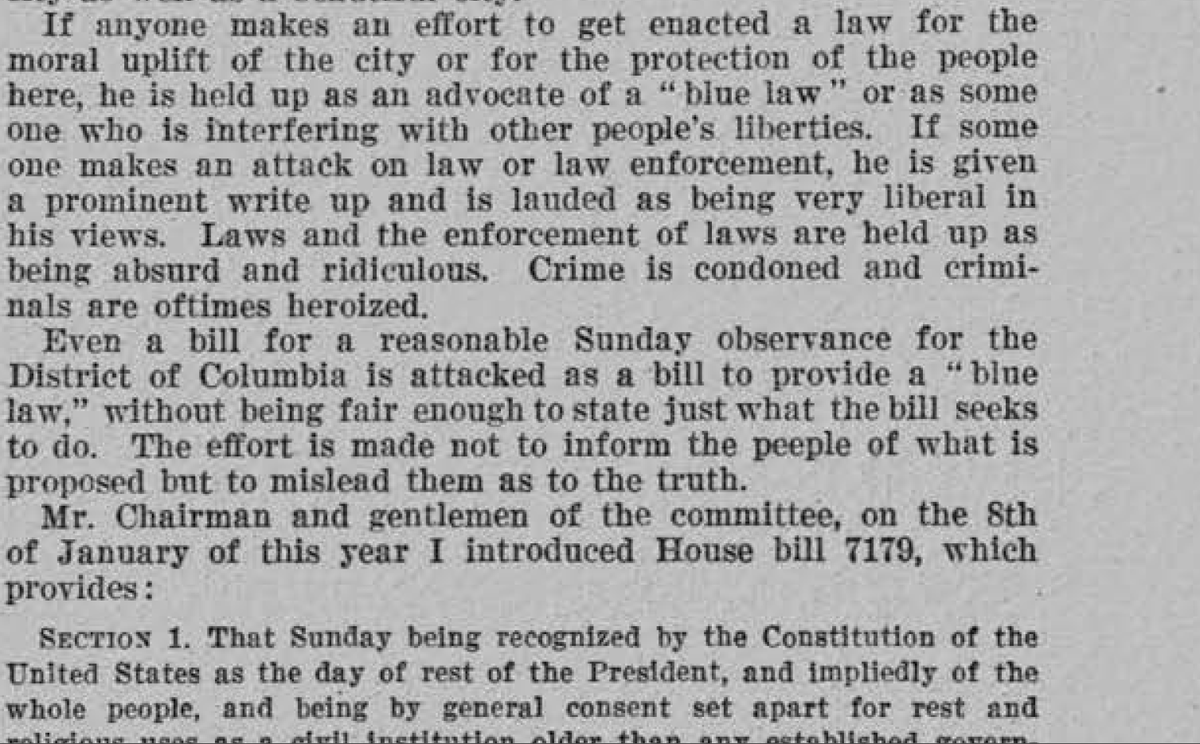 " title="The upshot of Lankford& #39;s rant, though, is that he thinks DC needs a Sunday closing law -- that& #39;s what he& #39;s led up to, and that& #39;ll solve all of our myriad problems (of which murderous drivers are only one). 16/n https://abs.twimg.com/emoji/v2/... draggable="false" alt="🤣" title="Lachend auf dem Boden rollen" aria-label="Emoji: Lachend auf dem Boden rollen">" class="img-responsive" style="max-width:100%;"/>
" title="The upshot of Lankford& #39;s rant, though, is that he thinks DC needs a Sunday closing law -- that& #39;s what he& #39;s led up to, and that& #39;ll solve all of our myriad problems (of which murderous drivers are only one). 16/n https://abs.twimg.com/emoji/v2/... draggable="false" alt="🤣" title="Lachend auf dem Boden rollen" aria-label="Emoji: Lachend auf dem Boden rollen">" class="img-responsive" style="max-width:100%;"/>
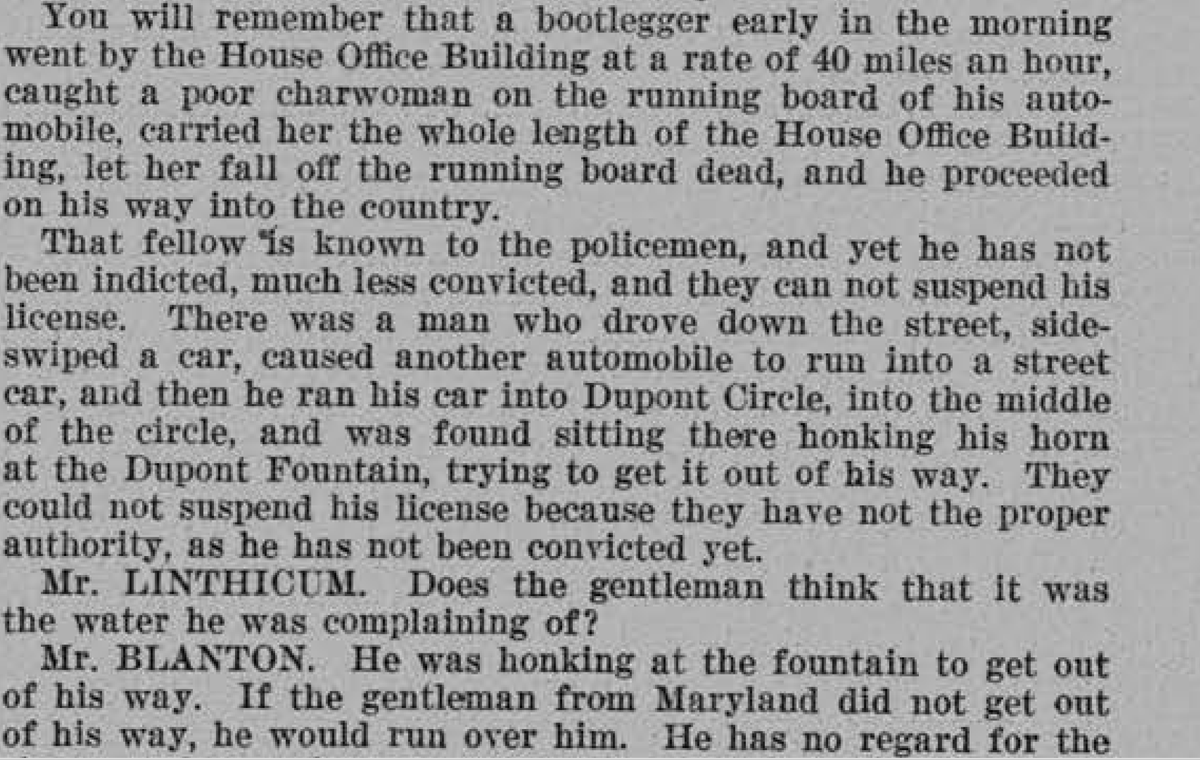
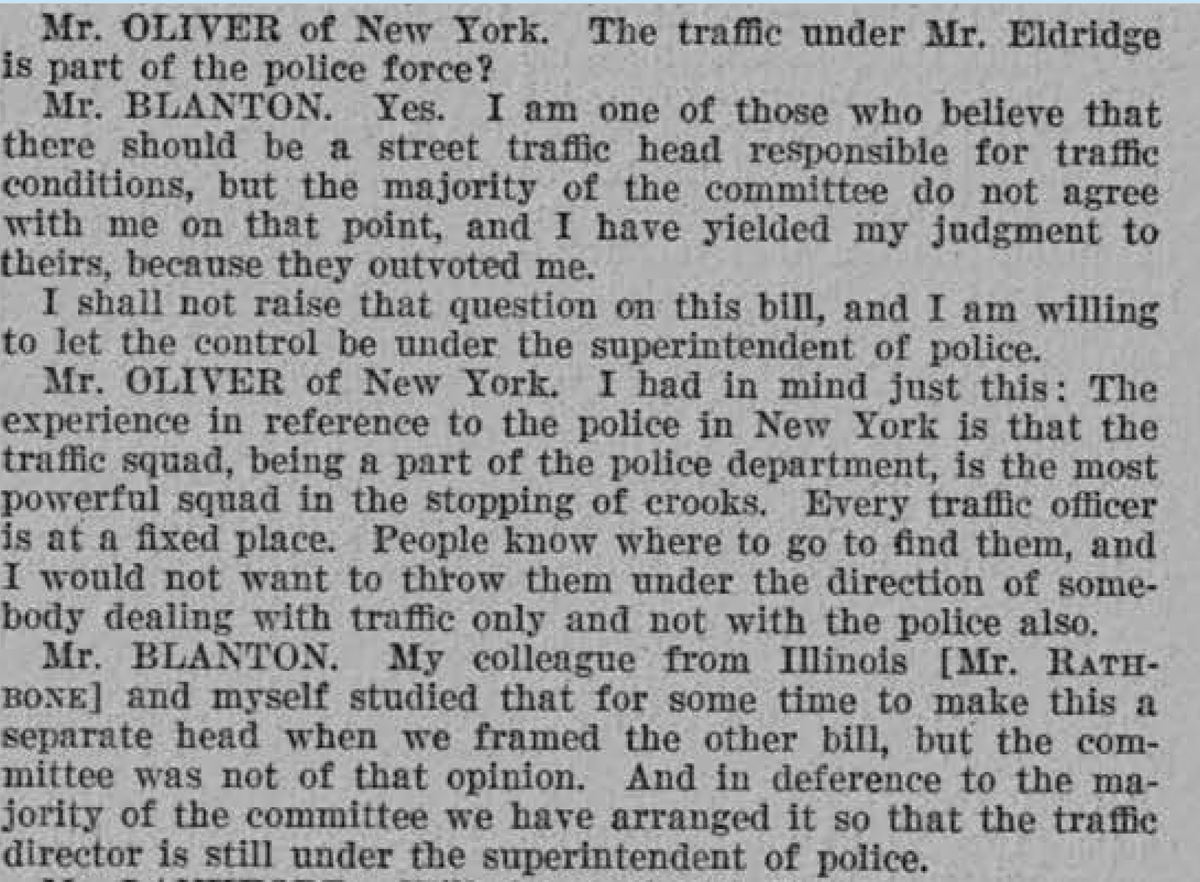
 19/n" title="TIL that, in March 1926, Virginia was charging 70 cents per horsepower to register a vehicle. So...in 1926, it would have cost about $213-558 to register a Dodge Challenger (305-797 hp) in Virginia . . . or about $3000-$11,000 in 2020. https://abs.twimg.com/emoji/v2/... draggable="false" alt="😍" title="Lächelndes Gesicht mit herzförmigen Augen" aria-label="Emoji: Lächelndes Gesicht mit herzförmigen Augen"> 19/n" class="img-responsive" style="max-width:100%;"/>
19/n" title="TIL that, in March 1926, Virginia was charging 70 cents per horsepower to register a vehicle. So...in 1926, it would have cost about $213-558 to register a Dodge Challenger (305-797 hp) in Virginia . . . or about $3000-$11,000 in 2020. https://abs.twimg.com/emoji/v2/... draggable="false" alt="😍" title="Lächelndes Gesicht mit herzförmigen Augen" aria-label="Emoji: Lächelndes Gesicht mit herzförmigen Augen"> 19/n" class="img-responsive" style="max-width:100%;"/>




